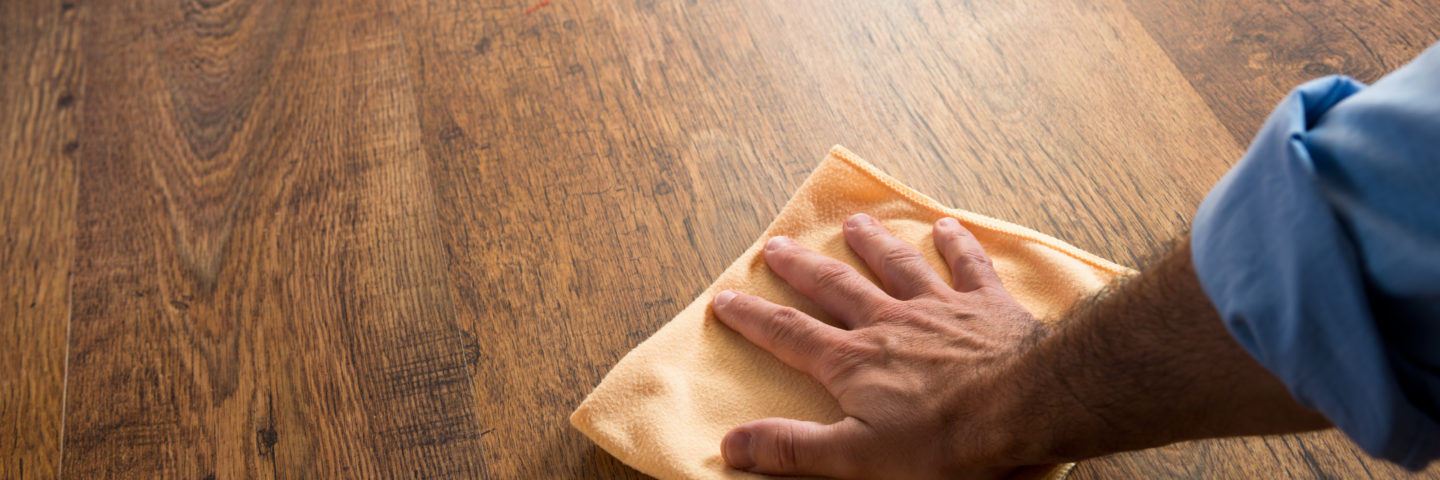
There are many questions that you may be wondering about when it comes to choosing the best timber for your flooring. For example, should you choose Engineered hardwood, laminate or solid wood? How much maintenance is needed on these types of floors and what are the advantages and disadvantages of each?
Engineered wood vs solid wood
When choosing between engineered wood and solid wood for flooring, it’s essential to understand the different characteristics of each timber flooring supplier. Both offer long-lasting and aesthetically pleasing flooring options. However, engineered wood offers excellent durability and may be a better choice in specific situations.
Solid hardwood, on the other hand, is a durable and hard floor that has the potential to last for 100 years or more. It has a timeless look and is available in a variety of species. This type of flooring is typically 3/4-inch thick and is typically nailed down.
Both types of flooring offer a wide range of colors, designs, and finishes. The cost of each will vary depending on the species, width, and thickness. Depending on your needs, engineered hardwood is often less expensive than solid wood.
Engineered hardwood can be manufactured to match the appearance of solid hardwood. However, matching colors and textures can be difficult. In some cases, refinishing the floor will be needed to bring it up to snuff. Refinishing also adds to the cost of the product.
One major difference between engineered and solid hardwood is the way they are constructed. Engineered hardwood is made up of several layers of plywood that are glued together. Compared to solid wood, engineered is more resistant to moisture and temperature changes.
Bamboo vs natural wood
Bamboo is an attractive flooring option. This type of wood has a natural appearance, is eco-friendly, and is affordable. It also has a wide variety of options in look and style.
There are many bamboo species and it is available in both solid and engineered styles. Typically, it is a little harder than oak or maple. But that is not always the case.
The quality of the bamboo is important when comparing it to other types of wood. High-quality bamboo is a little harder than other hardwoods, and it offers better resistance to scratches and dents.
Bamboo is more environmentally friendly than hardwood. However, it is not impervious to water. And it emits varying levels of formaldehyde. If you are concerned about VOCs, check with the retailer.
Another issue is the cost of the product. Depending on the type of bamboo, the price can range from $4 to $8 per square foot. In addition, shipping costs are high.
Some manufacturers use a urea-formaldehyde (UF) adhesive that emits volatile organic compounds. While manufacturers claim this is not an issue, it is still something to be aware of.
Bamboo flooring is a rapidly growing plant that can be harvested in as few as ten years. It has been used in South Pacific countries, Asia, and East Asia for hundreds of years.
Engineered hardwood vs laminate
Engineered hardwood and laminate are both wood flooring types that are growing in popularity. The main difference between the two is that laminate uses a photographic print on a vinyl sheet to simulate the look of a real wood floor.
It is also made from man-made materials, such as particleboard or high-density polyethylene. Laminate is not as durable as engineered hardwood, and you may need to refinish it frequently. However, the quality of laminate is rising.
Laminate is more water resistant than engineered hardwood, making it a better choice for high-traffic areas. In addition, it does not fade in the sun.
Laminate is also easier to cut than engineered hardwood. For example, you can score a laminate floor with a guillotine-style flooring cutter. This makes it more suitable for commercial applications.
As with any flooring, it is best to take the time to make your decision. There are many factors to consider, such as cost, durability, and versatility. A premium-quality laminate is a good investment in your home’s resale value.
On the other hand, engineered hardwood is more expensive. While there are some great benefits to the material, including its moisture resistance, it is not as easy to install as laminate. If you want to avoid the hassle, you can always choose a floating hardwood floor.